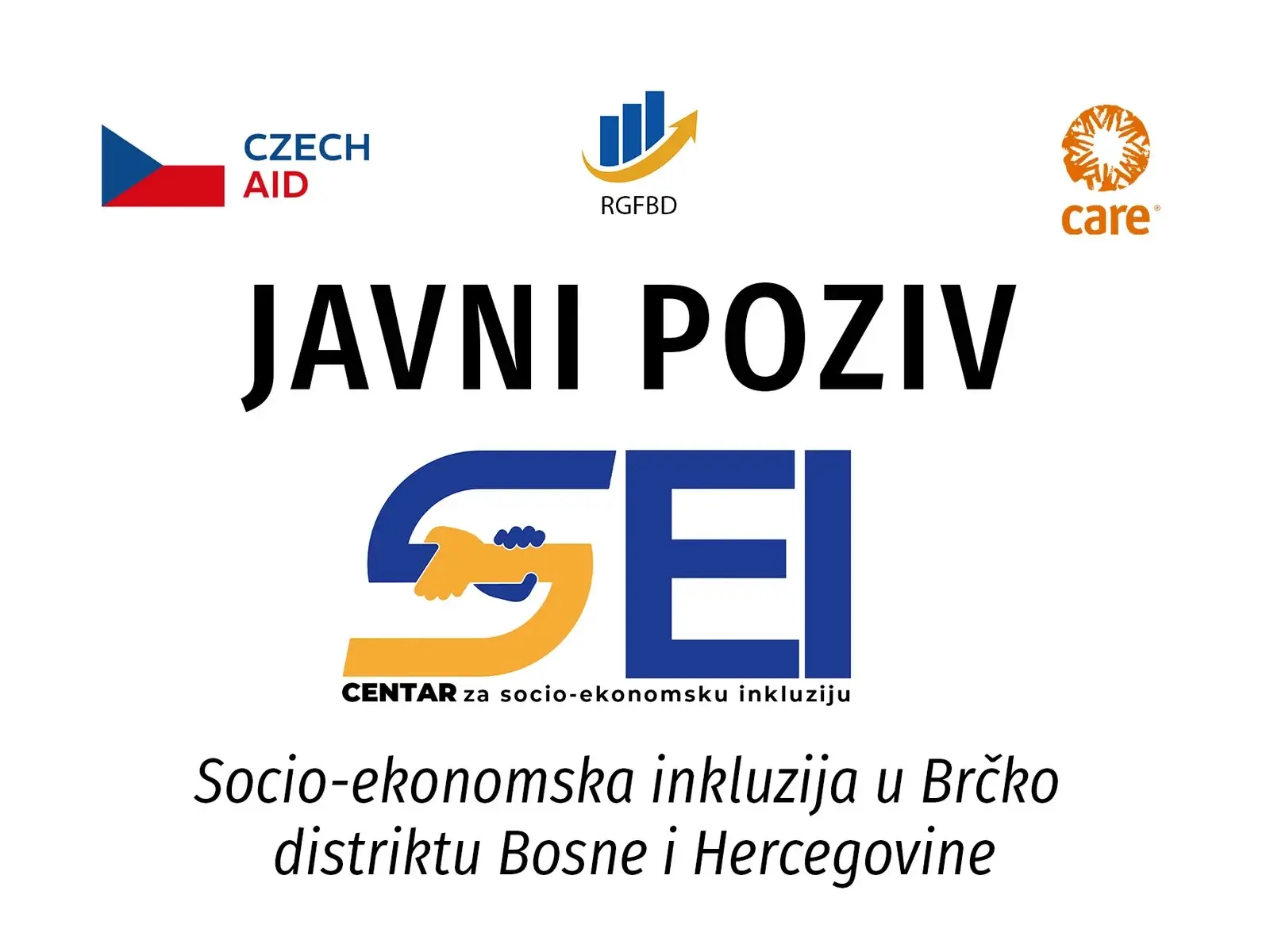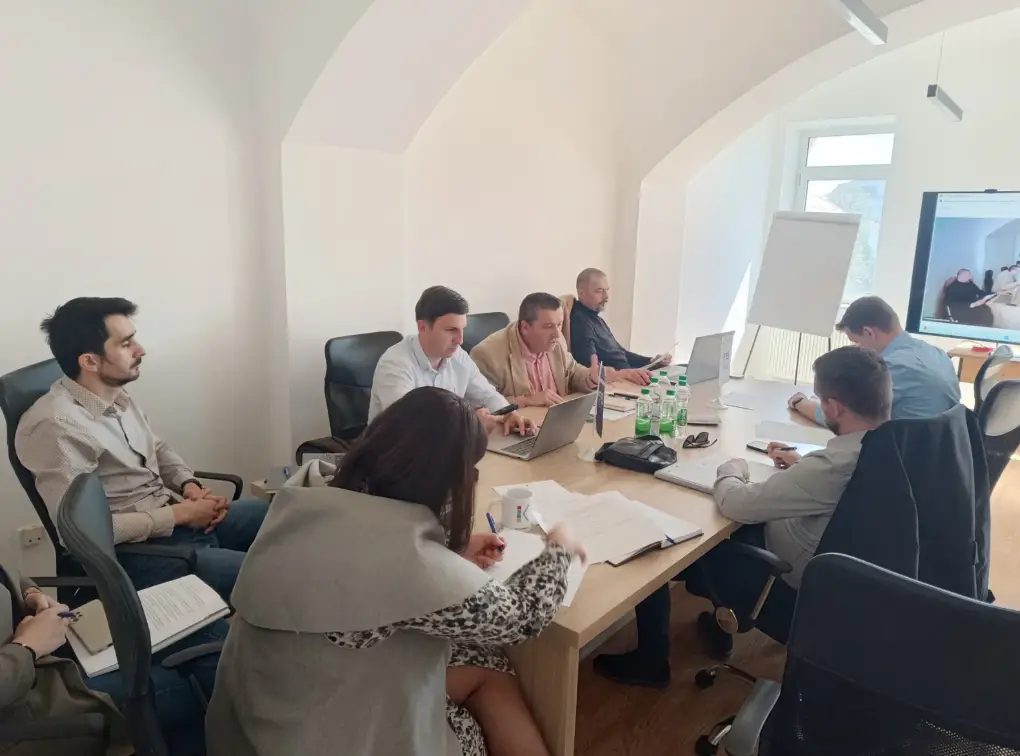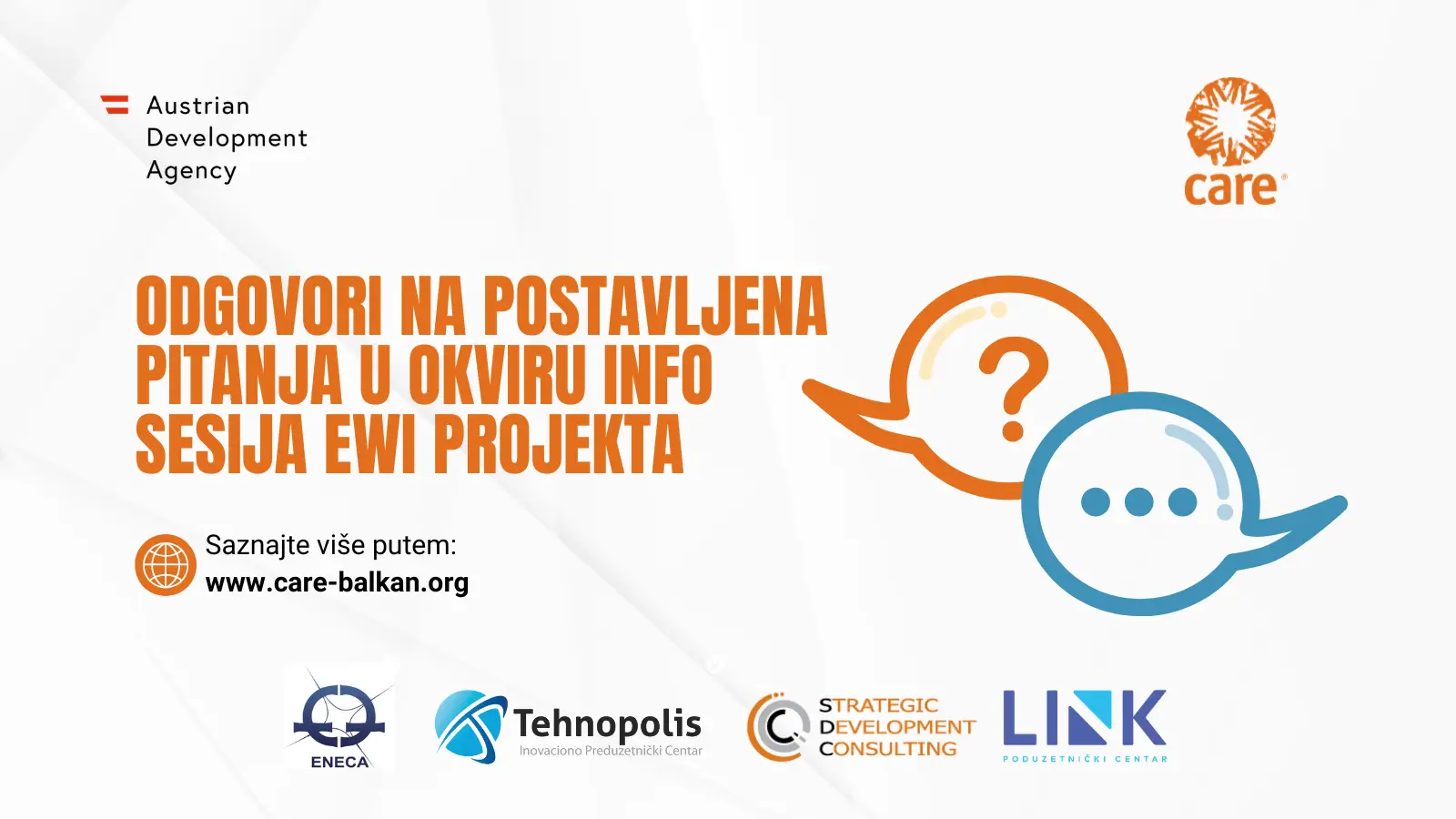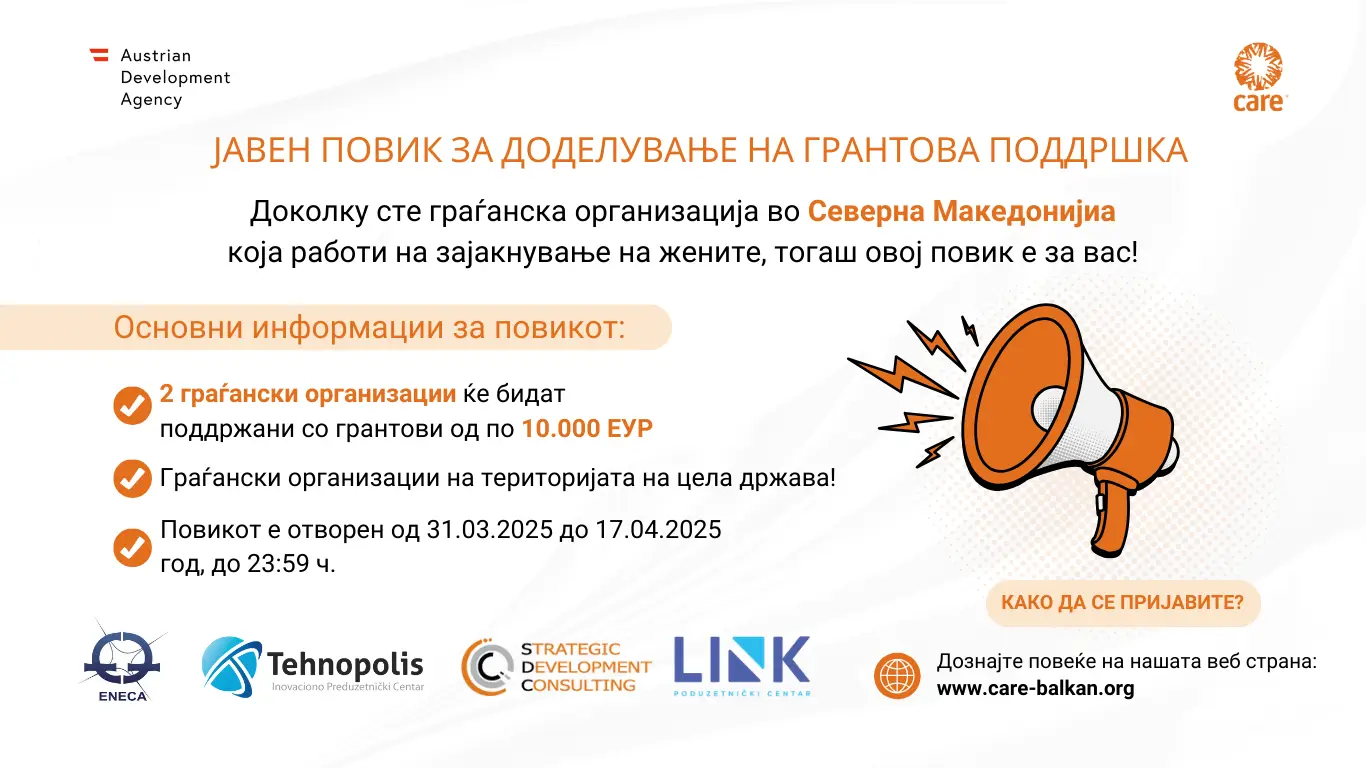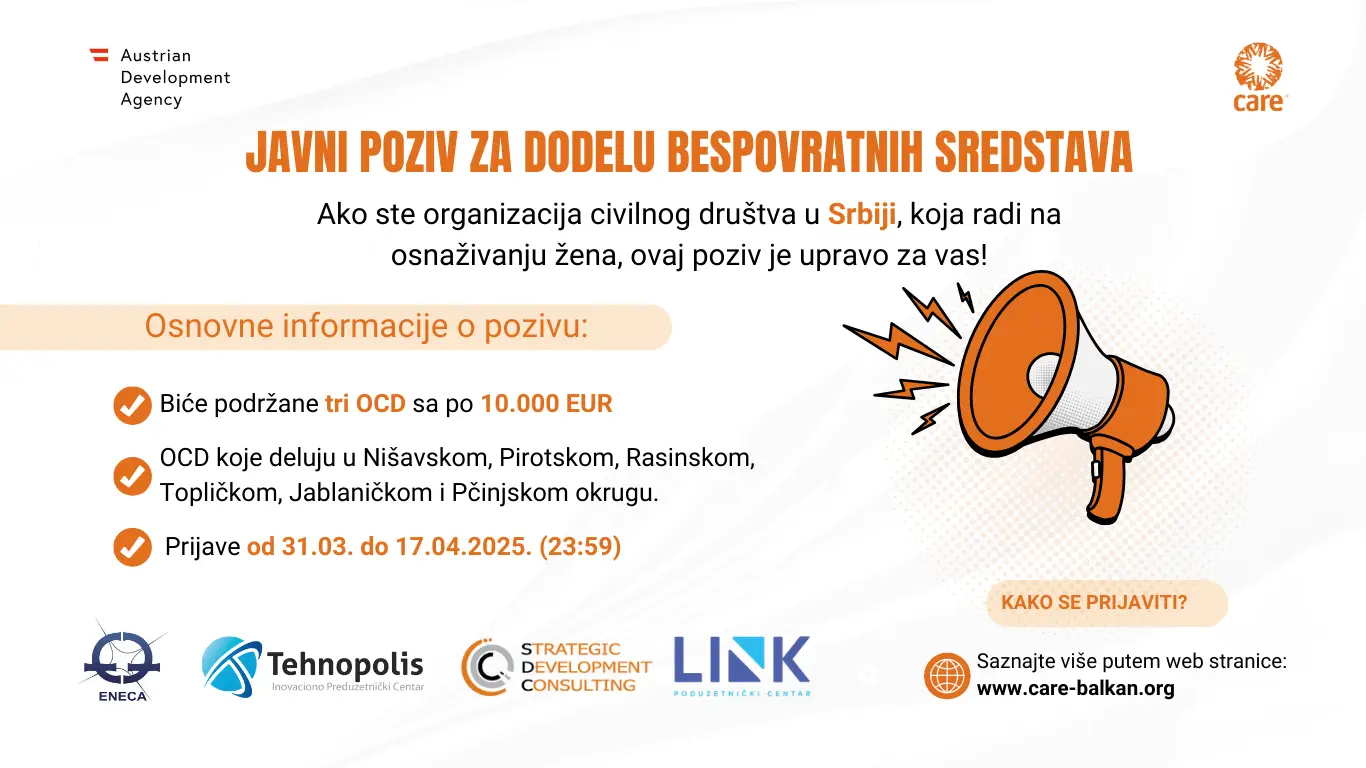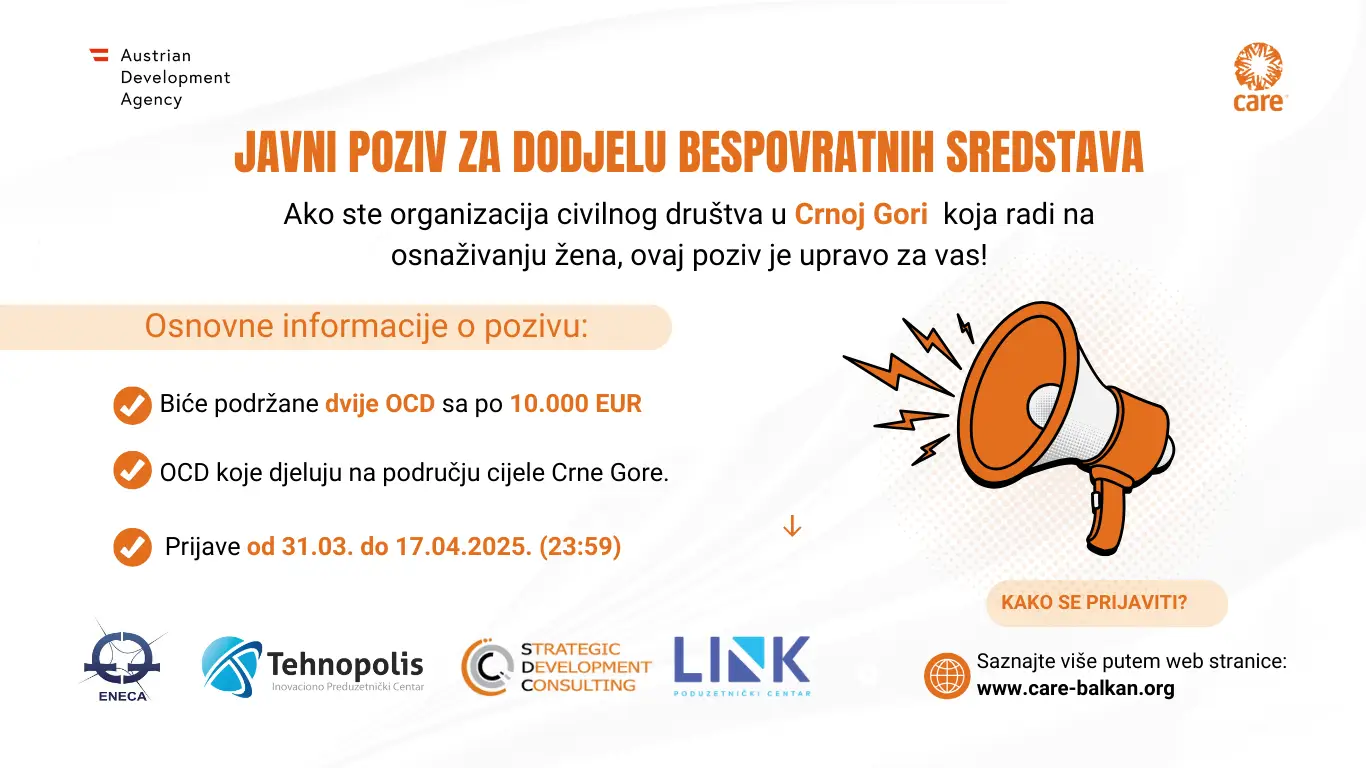In a significant gathering at the Municipal Assembly Hall, the Municipality of Peja held an open forum to discuss the 2025 budget. The event invited active participation from citizens, emphasizing the importance of community involvement in shaping the municipality’s financial future.
Among the participants were eight women farmers from the rural areas of Peja. These women were supported by Care International Balkans and the WEERA project (Women’s Economic Empowerment in Rural Areas), highlighting the vital role they play in the community.
In this budget discussion, the mayor of Peja, the vice-mayor, and senior leadership responsible for budget allocations were present. The hearing was opened by the leader of the assembly, who then passed the floor to the senior leader on the budget. In her speech, Mrs. Haxheri outlined the division of the municipal budget into five areas and highlighted the largest legally allowed increase of 11.1% for subsidies and transfers. These subsidies and transfers are expected to support farmers, beekeepers, civil society organizations providing services to citizens, and more.

When the floor was opened for the requests of citizens, one of the requests came from Jehona Mujaj Kelmendi, a beneficiary who advocated for the establishment of an emergency fund to address agricultural damage caused by climate change. She emphasized that this fund should be managed by the municipal directorate of agriculture, as the existing fund at the central government level often involves significant delays before farmers receive reimbursement for natural disasters.

Continuing the discussion, Arlinda Kastrati, another beneficiary of CARE International Balkans, raised a concern about the illegal deforestation occurring in the village of Bellopoj. She highlighted that this issue not only harms the environment and contributes to global warming but also negatively impacts her agribusiness as a beekeeper. The deforestation reduces the availability of trees and flowers, which are essential for her bees to gather nectar. She requested continuous inspection of the mountain to put a stop to illegal logging as much as possible. Additionally, she emphasized the need for the waste management company to be more responsible for keeping the roads in Bellopoj clean, as they are currently littered with garbage along the sides.

Blerta Hasani and Venera Kelmendi, both beneficiaries of CARE, raised concerns about the garbage dump. This waste dump collects refuse from five nearby municipalities. As a result, during the summer months, the landfill overflows, leading to an influx of stray dogs in the surrounding villages, posing a danger to passing citizens. Additionally, the road connecting these villages has been damaged by trucks overloaded with garbage headed to the landfill.
Venera further added that the village of Lutogllav lacks a sewage system, causing some septic pits to overflow into the streets. This situation creates opportunities for the spread of infections and contamination of agricultural goods, among other issues.

The mayor of Peja listened to these and other requests from citizens, addressing each one individually. He promised to consider the maximum inclusion of these requests within the constraints of the budget. Regarding the waste dump, the mayor mentioned that a project to cover the dump has been signed in cooperation with the European Union and the municipality of Peja, expressing hope that the project will commence as soon as possible.

The WEERA project, focused on Women Economic Empowerment in Rural Areas in Kosovo, facilitated greater participation of women in the budget hearings. This increased involvement aims to promote responsible gender budgeting, ensuring that the municipal budget addresses the distinct needs of both men and women. This project is financed by ADA.
#CareInternationalBalkans #CareAustria #MunicipalityofPeja #genderresponsivebudgeting #GRB


